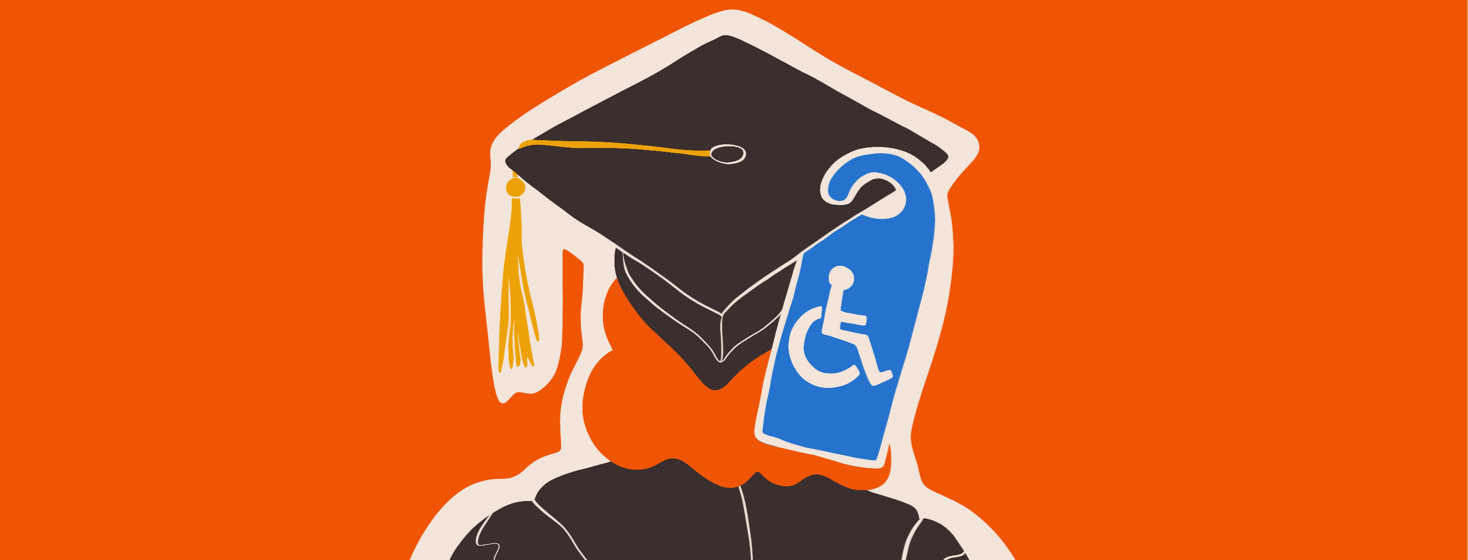The Challenges of Being a High School Student With Psoriatic Arthritis
I have noticed that in the last decade, more and more younger adults are being diagnosed with psoriatic arthritis. I’m sure that has a lot to do with doctors' better understanding of this disease.
I have been dealing with psoriatic disease for many years. No one in my family had this illness as I know of. Unfortunately, this illness followed me into high school.
Navigating high school with a chronic illness
There are already many challenges people with chronic illness must face. We have to live a lifestyle entirely tailored to us.
Life in high school worsened everything for me. The first few months in high school were incredibly lonely and isolating. I became socially distant due to the fear of judgment.
I had patchy, scaly skin all over my whole body. I developed minor joint deformities, which caused me to quit track because of psoriatic arthritis.
I always felt nervous around other students, and most of them made me feel insecure due to their lack of knowledge about my disease. There were even some mischievous students who bullied me because of my condition, and I was not mentally strong enough to defend myself. Over time, I developed severe anxiety and depression.
I made one friend who was nice to me and her support greatly impacted me. Another challenge I faced was not being able to take part in extracurricular activities. Watching other students play outdoor games made me feel like an outcast, missing out on the good things in life.
Finding support during stressful times
High school has its stressors, such as time constraints, competition, attendance issues, budget, and peer pressure. Dealing with a disease that could make it hard to get out of bed some days. It was exhausting and tiring and I found it hard just walking upstairs without feeling immense physical discomfort.
Unexpected flare-ups, doctor appointments, and side effects of medication made it difficult for me to maintain good attendance. I always prayed not to get any flare-ups during exam time.
It was quite challenging for me to manage my academic results, my social life, and my illness all together. My healthcare professional and close family members have given me enough support. They reassured me that with proper medication, physical therapy, low-impact exercises, better sleep, and a balanced diet, I could slow the progression of joint damage and improve the quality of my life.
My rheumatologist also told me that 70-80% of psoriatic disease patients could become pain-free with the right medication. Well, that has not been my case at all.
Promoting understanding in schools
I have had the honor of sharing my experience with a couple of schools. These students need to understand and treat people with chronic illnesses more humbly.
Along with the pain I am experiencing comes brain fog, extreme stiffness, and fatigue, mostly in the morning. With psoriasis, I am now effectively managing my psoriatic disease with lifestyle modifications. Also, knowing my triggers and management strategies helped me with flare-ups.
High school may have made things difficult for me, but it has also given me unshakeable confidence and faith. I am super hopeful and grateful for this life and the people that are in it.
We are all in this together.

Join the conversation